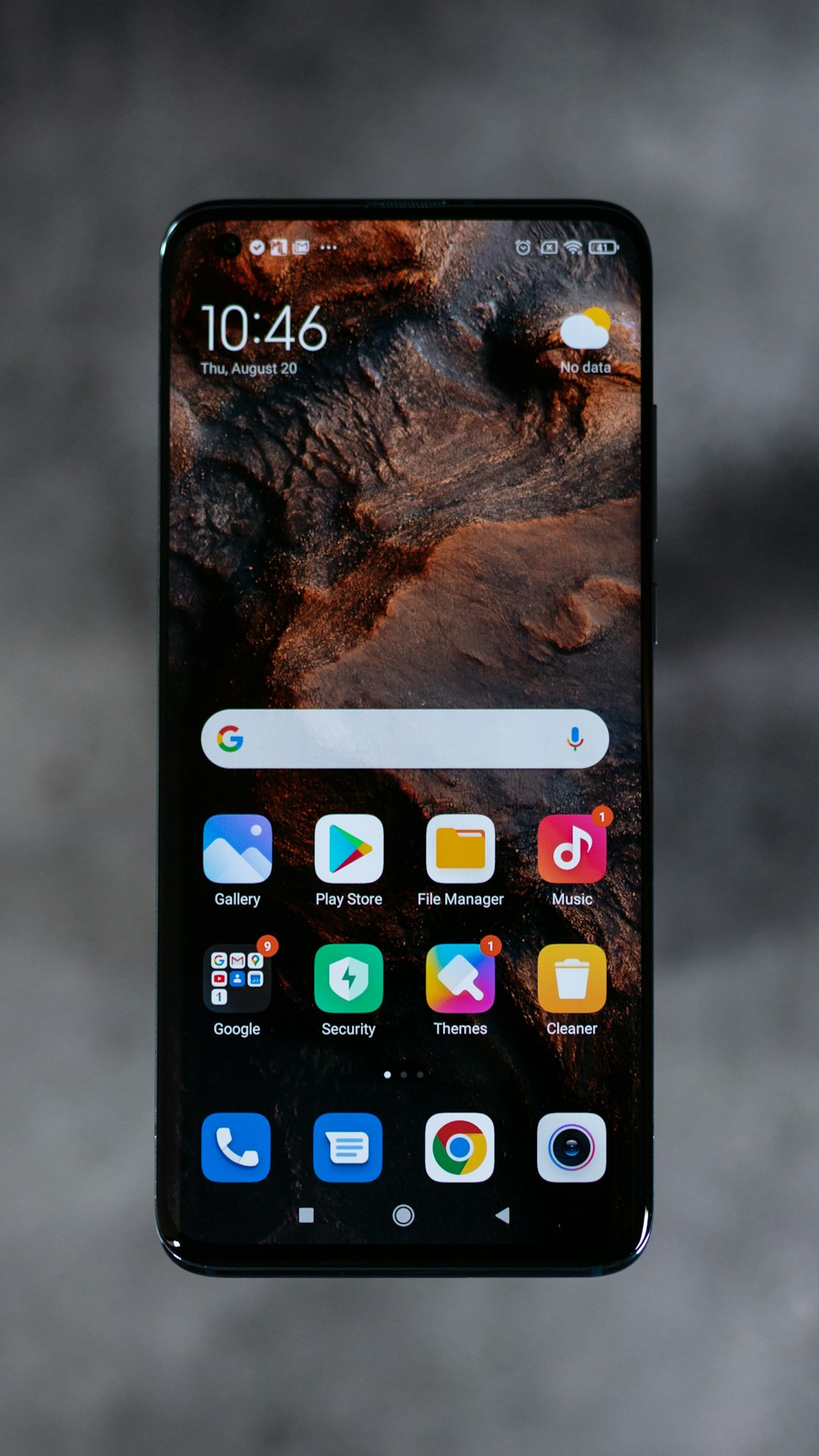Rhode Island's "Do Not Call" laws protect residents from unwanted telemarketing calls, with assistance from Do Not Call Lawyers in Rhode Island who ensure compliance, educate consumers about privacy rights, and enforce regulations against non-consenting calls, timing restrictions, and penalties up to $5,000 per offense.
“Uncover Rhode Island’s stringent Do Not Call laws, designed to protect residents from unsolicited telemarketing calls. This comprehensive guide explores who these regulations apply to, what activities are strictly prohibited, and the enforcement mechanisms in place. Understanding these laws is crucial for both businesses and consumers alike, especially with the help of expert Do Not Call Lawyers Rhode Island. Learn how to navigate this landscape to ensure compliance and avoid penalties.”
Understanding Rhode Island's Do Not Call Laws

Rhode Island’s “Do Not Call” laws are designed to protect residents from unwanted telemarketing calls and sales pitches. These regulations are an essential tool for consumers seeking to reduce the frequency of unsolicited phone communications, especially from persistent salespeople or telemarketers. The primary goal is to provide Rhode Islanders with peace of mind and control over their personal telephone conversations.
Do Not Call Lawyers in Rhode Island play a vital role in ensuring these laws are upheld. They assist individuals in registering their phone numbers on the state’s official Do Not Call list, a move that significantly curtails commercial calls. These legal professionals also help residents understand their rights and take appropriate action if they feel their privacy has been invaded by relentless telemarketers. By familiarizing themselves with these laws, both businesses and consumers can navigate Rhode Island’s telecommunications landscape more harmoniously.
Who Does the Laws Apply To?

Rhode Island’s Do Not Call laws are designed to protect residents from unwanted telemarketing calls and sales pitches. These regulations primarily target businesses and individuals engaged in direct marketing activities, including telephone solicitations. The laws apply to a wide range of entities, such as telemarketers, sales representatives, and call centers operating within the state or making calls to Rhode Island residents, regardless of their physical location.
This includes Do Not Call lawyers Rhode Island, who must adhere to specific guidelines when contacting potential clients. Businesses must obtain prior consent from consumers before initiating telemarketing calls, and those who violate these rules face strict penalties. The laws ensure that Rhode Island residents can enjoy peace and quiet at home without being harassed by relentless sales calls.
What Activities Are Prohibited?

In Rhode Island, the Do Not Call laws are designed to protect residents from unwanted telemarketing calls and sales pitches. According to these regulations, certain activities are strictly prohibited. The list includes making phone calls using automated dialing systems or prerecorded messages for purposes of telemarketing, except under specific circumstances, such as when the caller has a prior business relationship with the recipient or obtains explicit consent from them.
Additionally, Rhode Island’s Do Not Call laws restrict the timing and frequency of calls. For example, calls cannot be made to residents between 9:00 p.m. and 8:00 a.m. local time unless the caller identifies themselves as an exception, like non-profit organizations or government agencies. Moreover, businesses must honor requests from Rhode Island residents to stop receiving telemarketing calls within 30 days, and violators can face penalties, including fines and legal action by Do Not Call lawyers in Rhode Island.
Enforcement and Penalties Explained

In Rhode Island, compliance with Do Not Call laws is strictly enforced by the Attorney General’s Office. If a lawyer or any business violates these regulations, they can face substantial penalties. Fines range from $100 to $5,000 per violation, with additional damages if it’s determined that the violations caused harm or financial loss to the recipients. These laws are designed to protect consumers from unwanted phone calls, ensuring their peace of mind and privacy.
The penalties serve as a deterrent for businesses and lawyers alike, encouraging them to adhere to the Do Not Call registry. Consumers can play a crucial role by reporting any suspected violations to the Attorney General’s Office. This collaborative effort helps maintain a quieter, more respectful communication environment, especially considering that many individuals have specific preferences regarding phone calls from various sources, including legal professionals.






